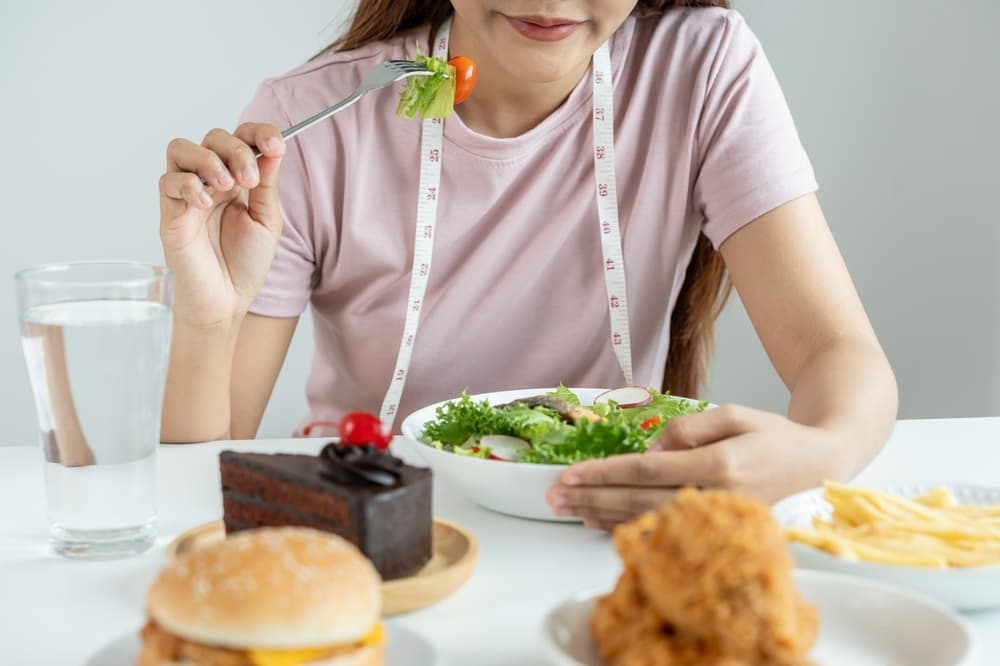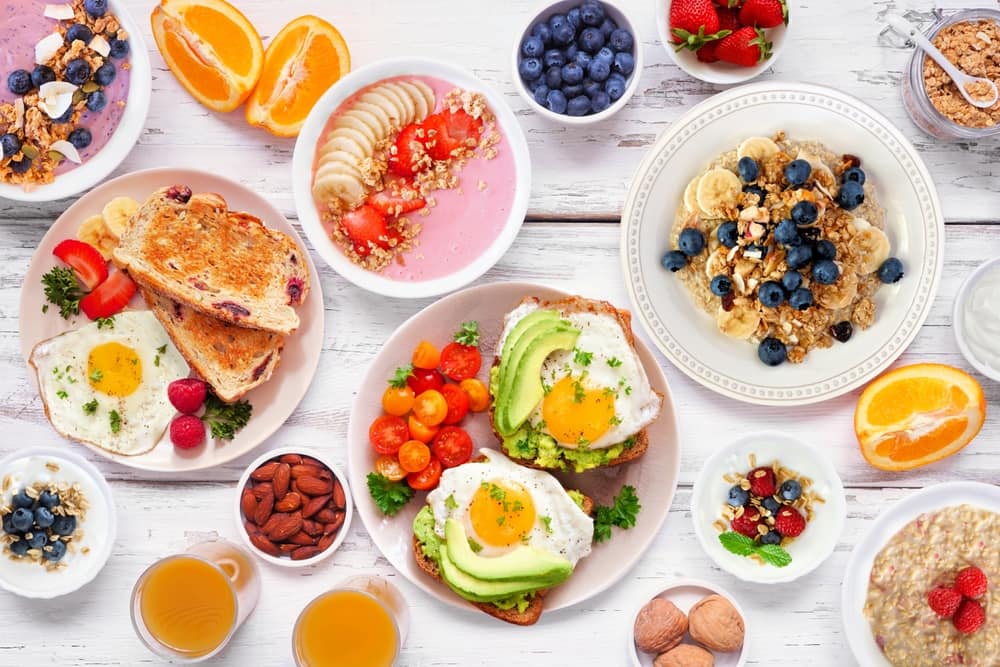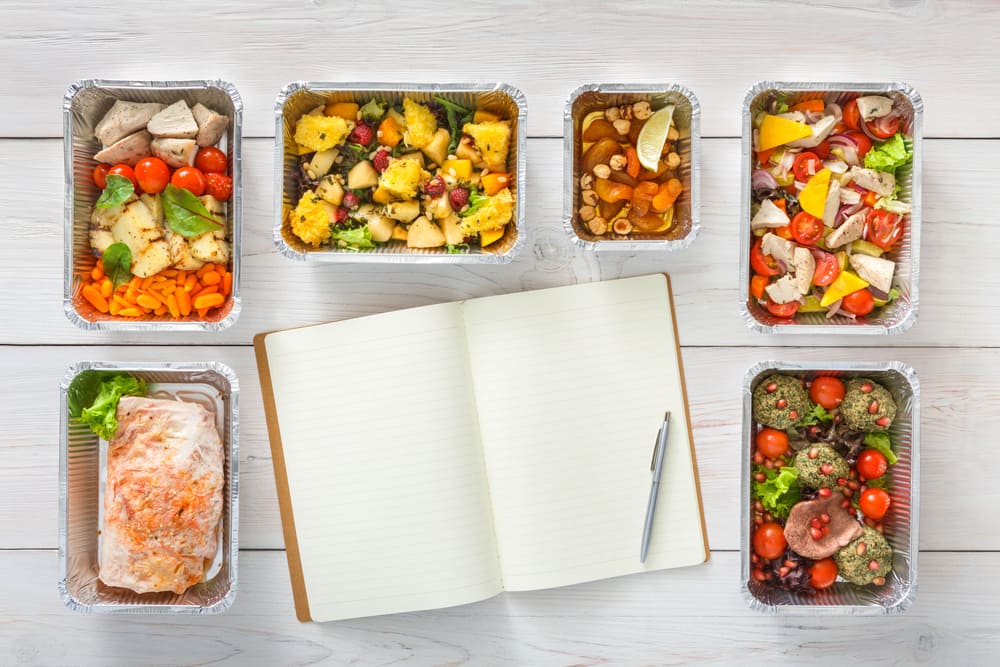The best portion control tips for a balanced diet
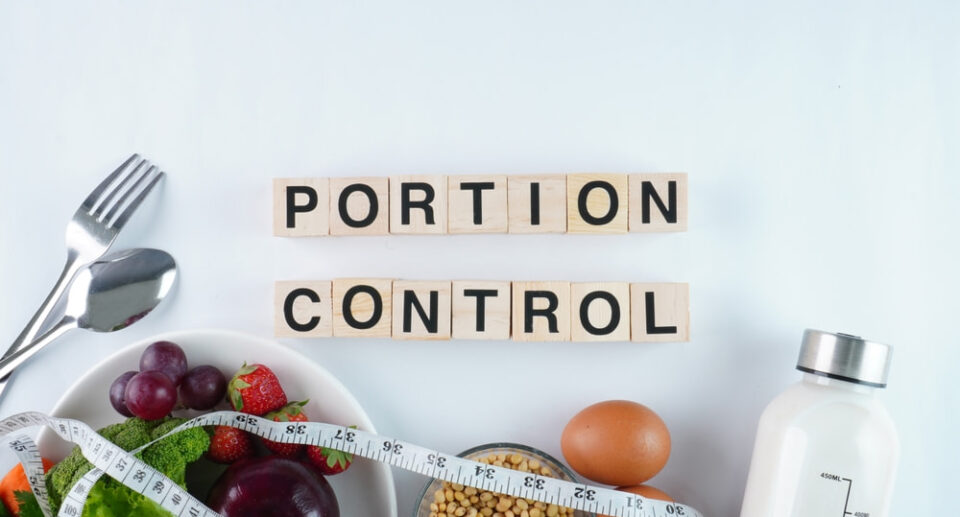

Best portion control tips for a balanced diet that help you eat mindfully, avoid overeating, and maintain a healthy lifestyle. Are you still unable to lose weight despite eating a healthy and balanced diet? The key might not be just what you eat but also how much you eat. While nutritious foods are essential, overeating—even healthy foods—can lead to weight gain and digestive problems. Portion control can be a way to have sustainable, healthy lifestyle and not to feel short of food.
In this guide, we will cover essential portion control tips, explain why it matters, and provide practical strategies to help you master healthy eating for a balanced diet.
“Portion control is an effective way to prevent overconsumption and manage body weight.”
— World Health Organization
Important Tips for Controlling Food Portions for a Balanced Diet
1. Use Smaller Plates and Bowls
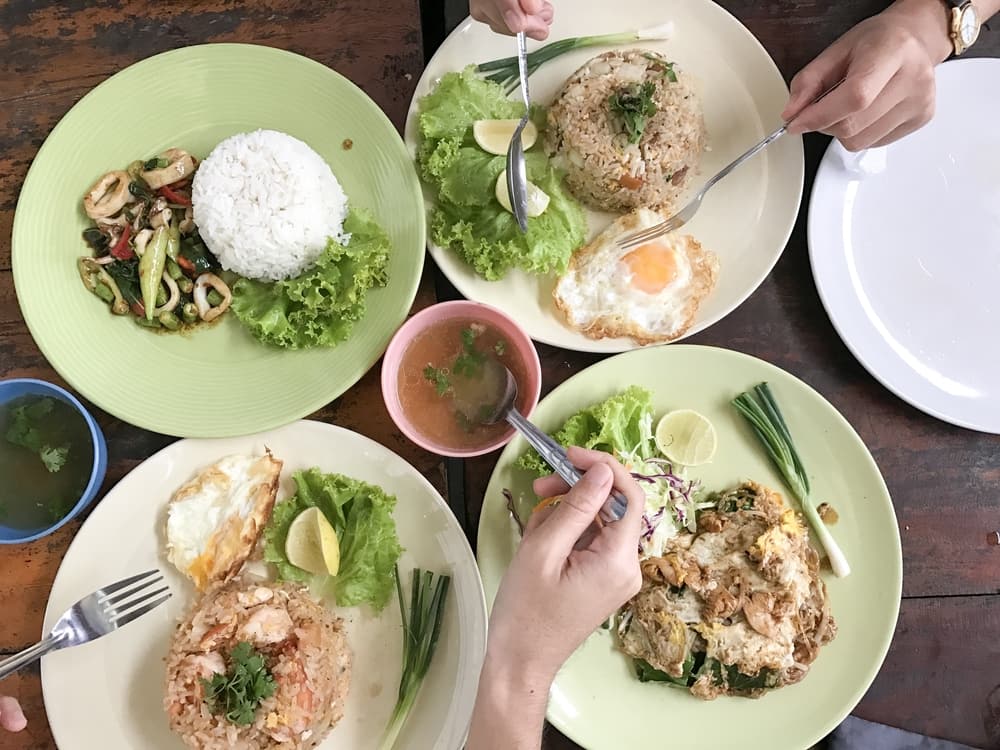

We often enjoy eating balanced meals, but overeating can prevent us from maintaining a healthy weight. Using smaller plates or bowls can naturally help control portion sizes. Studies have shown that people eat less when their food is served on a smaller plate because it creates the illusion of a fuller meal.
Harvard’s “Healthy Eating Plate” recommends filling:
½ your plate with vegetables and fruits,
¼ with whole grains, and
¼ with healthy proteins.
2. Measure Your Food
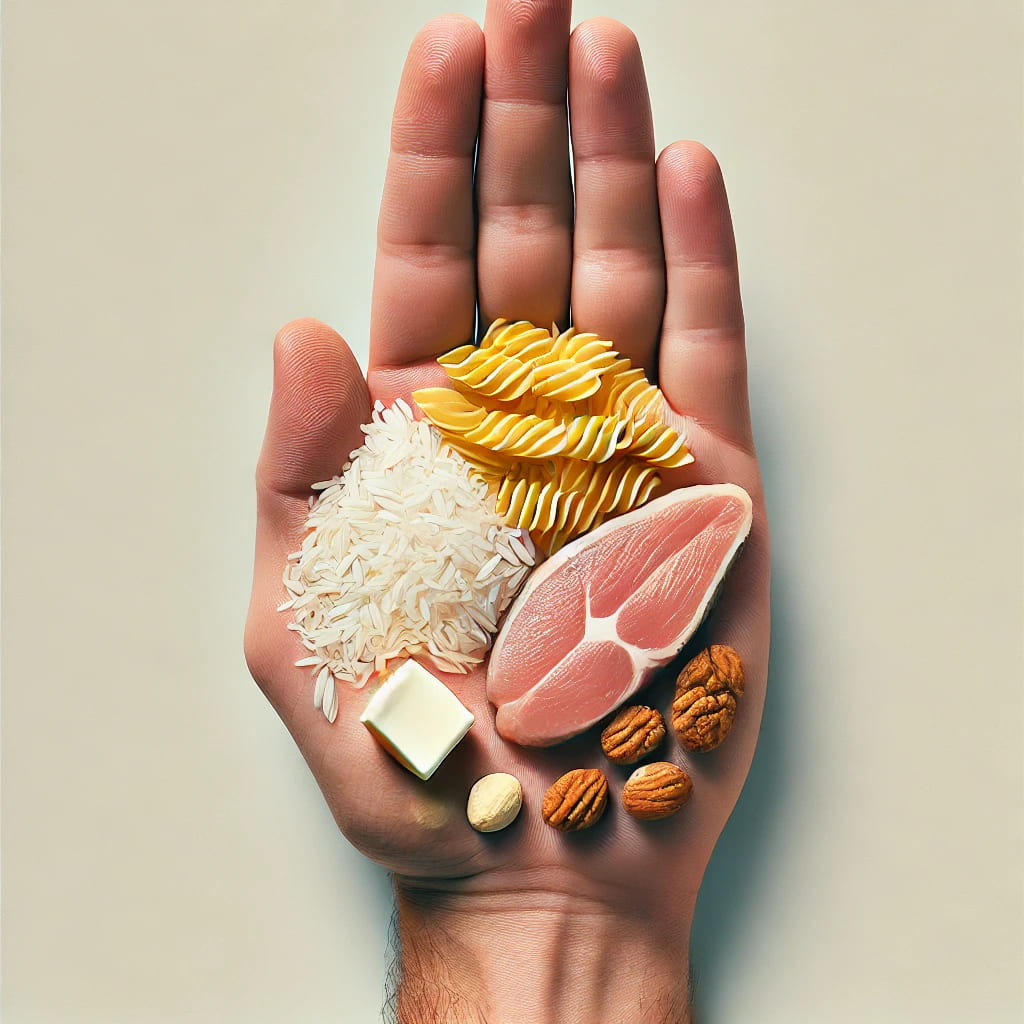

Counting calories isn’t always practical, but you can estimate portion sizes using your hand:
- A handful of carbohydrates
- Your palm for protein
- Your thumb for fats
3. Follow the Plate Method


The easiest way to divide a balanced meal is to divide the plate the following way:
- Non-starchy vegetables: Spinach, broccoli
- Lean proteins: Chicken, fish, beans
- Healthy carbohydrates: Brown rice, sweet potatoes
4. Avoid Eating Straight from the Package
Packaged eating could make you overeat because it makes portion sizes unclear. So, instead of eating directly from a package, make the effort to serve the food on a plate or in a bowl, then you will be able to control how much you consume.
5. Eat Slowly and Mindfully
Normally, it takes the approximated period of 20 minutes to make the report to your brain stating that it registers fullness in your stomach. It is chewing slowly that leads to your body’s matter of fact to stop taking food in overdose by gradually and thoroughly understanding food overconsumption.
6. Drink Water Before Meals
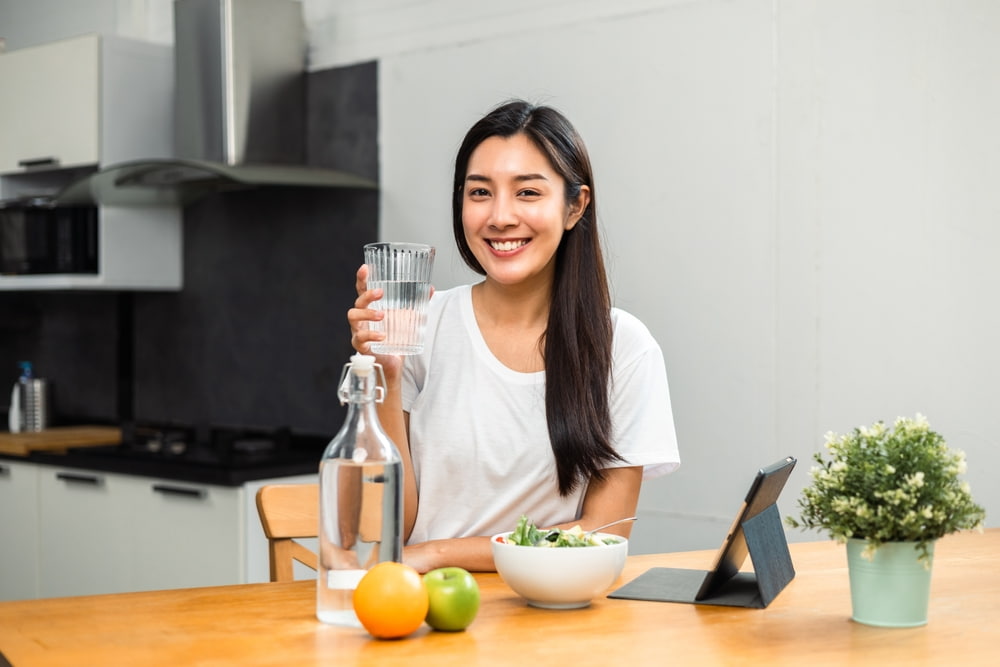

At times, hunger and thirst are often confused. Sipping a glass of water before meals not only keeps you hydrated but also makes you feel satiated and this way you consume fewer calories.
7. Don’t Skip Meals
The practice of skipping meals an often results in severe hunger and lead to overeating at the next meal. The best strategy is to have regular and balanced meals all over the day, which will keep your energy level at a stable level and under control the feeling of hunger.
Practical Meal Ideas for Healthy Portions
Breakfast
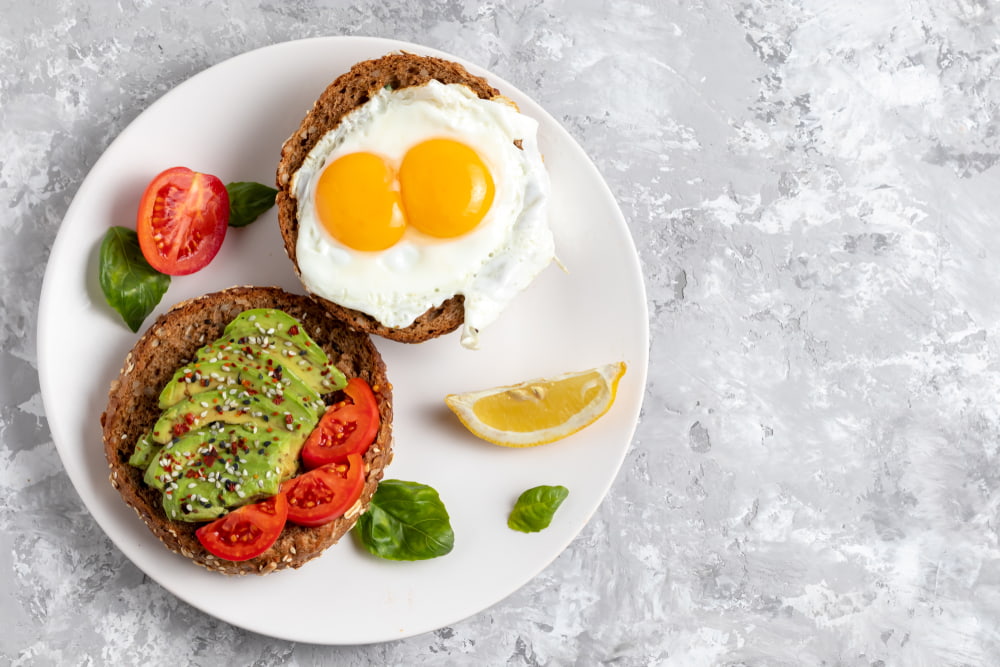

- 2 scrambled eggs
- 1 slice of whole grain toast
- 1 cup of berries
Lunch


- Chicken/tuna
- Spinach
- Sweet pumpkin
Dinner


- Tofu (½ cup)
- Brown rice
- Bell peppers and carrots
Snacks
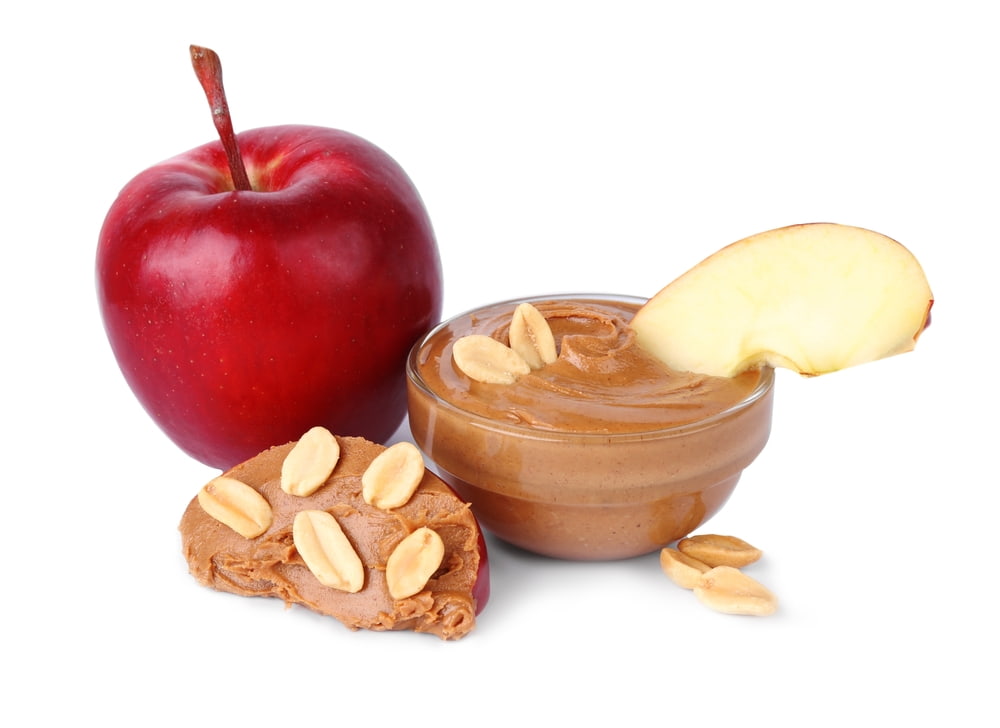

- 1 apple + 1 tablespoon of nut butter
- 1 boiled egg + a handful of baby carrots
Portioning your meals correctly helps you feel full, satisfied, and energized without overeating. Controlling food intake isn’t about restriction—it’s about understanding how much food your body actually needs.
By incorporating these tips into your life, you will be able to eat most of the foods you desire and at the same time be mindful of getting the proper nutrients. At first, you may prefer quicker alterations, but eventually, these routines will become a part of you, which will result in an improved health condition, a proper weight, and better overall health.

